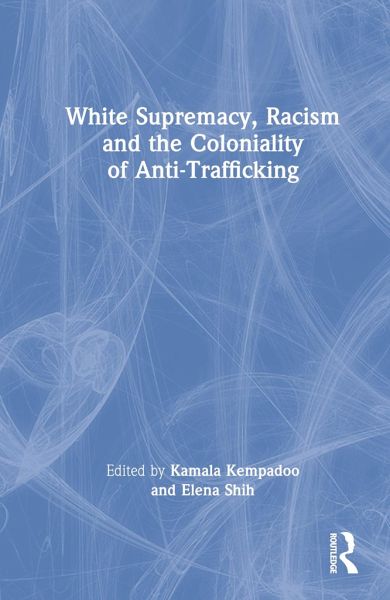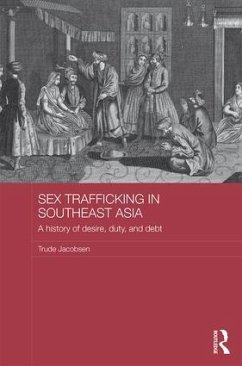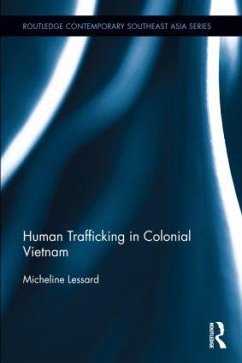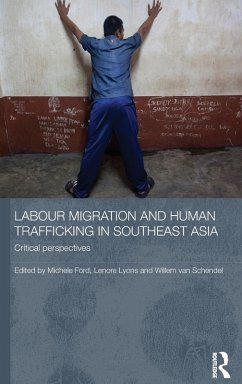
White Supremacy, Racism and the Coloniality of Anti-Trafficking
Versandkostenfrei!
Versandfertig in 1-2 Wochen
168,99 €
inkl. MwSt.

PAYBACK Punkte
84 °P sammeln!
Global efforts to combat human trafficking are ubiquitous and reference particular ideas about unfreedoms, suffering, and rescue. The discourse has, however, a distinct racialized legacy that is lodged specifically in fears about "white slavery," women in prostitution and migration, and the defilement of white womanhood by the criminal and racialized Other. White Supremacy, Racism and the Coloniality of Anti-Trafficking centers the legacies of race and racism in contemporary anti-trafficking work and examines them in greater detail. A number of recent arguments have suggested that race and rac...
Global efforts to combat human trafficking are ubiquitous and reference particular ideas about unfreedoms, suffering, and rescue. The discourse has, however, a distinct racialized legacy that is lodged specifically in fears about "white slavery," women in prostitution and migration, and the defilement of white womanhood by the criminal and racialized Other. White Supremacy, Racism and the Coloniality of Anti-Trafficking centers the legacies of race and racism in contemporary anti-trafficking work and examines them in greater detail. A number of recent arguments have suggested that race and racism are not only visible, but vital, to the success of contemporary anti- trafficking discourses and movements. The contributors offer recent scholarship grounded in critical anti- racist perspectives that reveal the historical and contemporary racial working of anti- trafficking discourses and practices globally-and how these intersect with gender, citizenship, sexuality, caste and class formations, and the global political economy.












